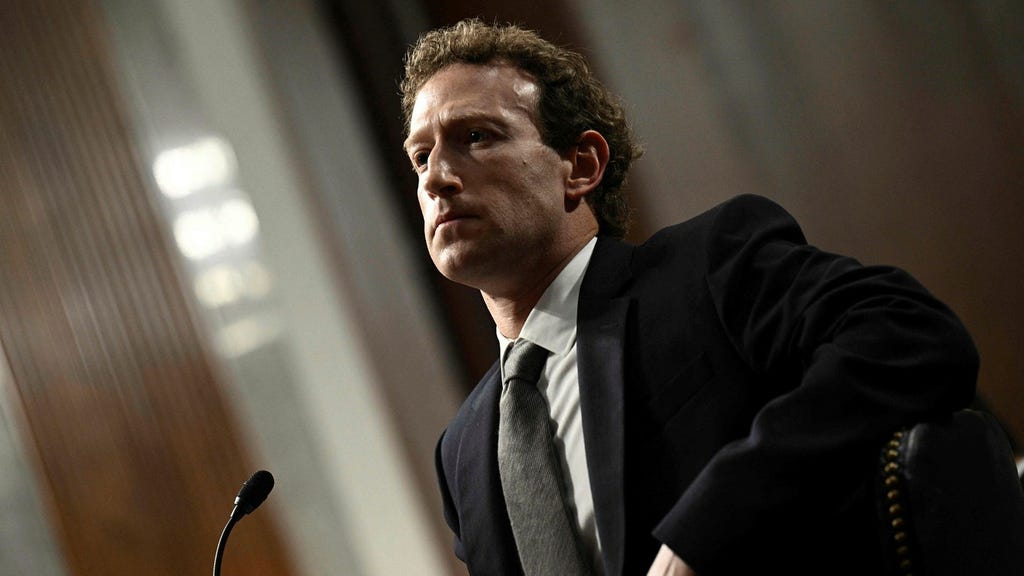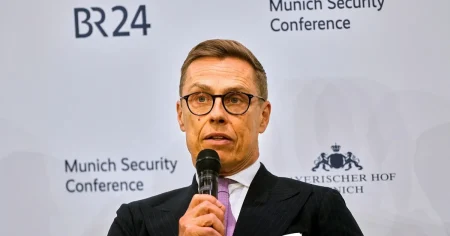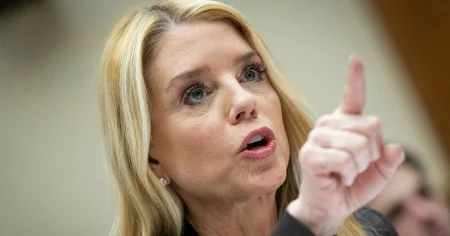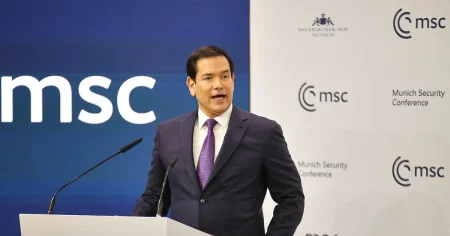Meta Platforms, the parent company of Facebook and Instagram, is reportedly planning to overhaul its fact-checking system, shifting away from its current third-party fact-checking model to a community-driven approach more akin to the system implemented on X (formerly Twitter) under Elon Musk. This potential shift has sparked considerable debate and concern, particularly among media outlets, who speculate that the move is a strategic attempt by Meta to appease the incoming Trump administration. The current system employs a network of independent fact-checkers who review flagged content for accuracy. If a piece of content is deemed false or misleading, its distribution is limited, and users who attempt to share it are presented with warnings. This approach has been credited with curbing the spread of misinformation on both platforms, though it has also faced criticism for potential bias and inconsistencies in application.
The proposed new system draws inspiration from X’s ”Community Notes” feature, which allows users to add contextual information and annotations to posts. This crowdsourced approach aims to provide additional perspectives and potentially flag misinformation through collective user input. While proponents argue that this model fosters greater transparency and empowers users to participate in content moderation, critics raise concerns about its vulnerability to manipulation and the potential spread of inaccurate information through user-generated notes. The effectiveness of Community Notes on X has also been a subject of ongoing debate, with some questioning its ability to effectively combat the spread of false or misleading content. The core difference lies in the shift from expert-led fact-checking to a reliance on community consensus, raising concerns about the potential for biases and inaccuracies to proliferate, particularly on complex or politically charged topics.
Several US media outlets have framed Meta’s potential decision as a politically motivated manoeuvre, suggesting that it is intended to build a more favourable relationship with the returning Trump administration. Donald Trump has been a vocal critic of social media platforms’ fact-checking practices, accusing them of censorship and bias. He was notably banned from several platforms, including Facebook and Twitter, following the January 6th Capitol riot. Given Trump’s potential return to these platforms under a new administration, Meta’s shift could be interpreted as a preemptive measure to avoid renewed conflict and potential regulatory scrutiny. This speculation underscores the increasingly complex interplay between social media platforms, political figures, and the evolving landscape of online content moderation.
Experts in the field of misinformation and online safety have expressed significant concerns about the potential repercussions of this change. Ola Svenonius, from the Swedish Defence Research Agency (Totalförsvarets forskningsinstitut, FOI), has cautioned against adopting a system similar to X’s, noting the potential for increased misinformation and manipulation. He emphasizes the importance of relying on expert-driven fact-checking rather than community-based systems, which may be more susceptible to biases and coordinated disinformation campaigns. This viewpoint highlights the potential dangers of prioritizing user engagement and community input over expert analysis in the fight against misinformation.
The move away from professional fact-checking could undermine the efforts to combat misinformation on these platforms. Fact-checkers, trained in verifying information and identifying misleading content, play a crucial role in maintaining the integrity of online information ecosystems. Their removal or reduced influence could create a void that is easily filled with inaccurate and potentially harmful content. This shift could also have a chilling effect on legitimate journalism and investigative reporting, as credible sources may find their work undermined by unverified user-generated content. The potential consequences extend beyond individual platforms and could contribute to a broader erosion of trust in online information.
Ultimately, the debate surrounding Meta’s potential shift in fact-checking underscores the ongoing struggle to balance free speech with the need to combat misinformation online. The proposed move away from expert-led fact-checking towards a more community-driven approach raises critical questions about the future of content moderation and the role of social media platforms in shaping public discourse. The potential implications for the spread of misinformation, the integrity of online information, and the relationship between social media companies and political acteurs warrant careful consideration and ongoing scrutiny. The effectiveness and potential risks of the new system remain to be seen, and the long-term consequences for online discourse and democratic processes will require careful monitoring and evaluation.














